On January 1, 2017, the Sugar-Sweetened Beverage Tax, or the “Soda Tax,” took effect in the City of Philadelphia, Pennsylvania.
The law was drafted with dual intentions of raising money for community projects and to promote healthier habits in the city’s inhabitants. The revenue raised from the tax is going towards the building of parks, recreation centers, and libraries.
According to the tax all distributors and dealers of sugar sweetened and artificially sweetened drinks pay $.015 per ounce of sweetened beverage. The unfortunate reality is that as taxes get added, the increase in cost often gets passed downstream landing ultimately on the consumer.
This is intended to dissuade consumers from purchasing these drinks in an attempt to promote greater health and well-being in the city.
Philadelphia’s Health Crisis
Statistics show that 7 out of 10 adults in Philadelphia are obese or overweight, and close to 1 in every 6 has diabetes.
Sugar consumption is the number one driver of diabetes and obesity. Sugary drinks such as soda often have ridiculous amounts of sugar in them. Consumption leads to radical blood sugar fluctuations which can increase insulin resistance and lead to inflammation.
The Soda Tax aims to curb consumption of soda and associated beverages by taxing them thus making them more expensive and less appealing to consumers.
So far, the tax seems to be doing what it set out to. Soda companies are reporting a drop in sales and subsequent loss in profits.
But there is one aspect of the legislation that may be doing more harm than good.
Stevia
The Soda Tax legislation made the mistake of including stevia as a taxable artificial sugar substitute. This is unfortunate because stevia is actually a natural plant-derived sweetener that is sugar-free and low glycemic. Stevia comes with none of the unhealthy side effects of sugar or artificial sweeteners.
Stevia has zero calories but is much safer and more natural than artificial sweeteners like aspartame and sucralose.
By including stevia in the legislation, the law seems to infer that stevia is as dangerous as sugar when in fact consumers should be using stevia sweetened beverages as viable alternatives to those sweetened with sugar.
How Has the Tax Impacted Prices?
20-ounce drink that used to cost $1.99 is now $2.29
64-ounce jug of juice at $2.39 is now $3.35
6 pack of diet green tea at $4.99 is now $6.07
It makes sense to tax beverages sweetened with sugar and artificial sweeteners but safe and natural sweeteners like stevia should be exempt as they are exactly what consumers should be drinking instead.

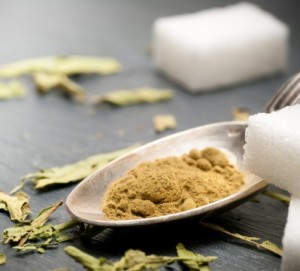

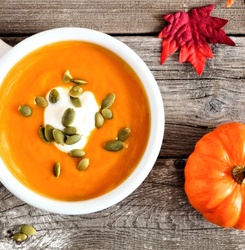
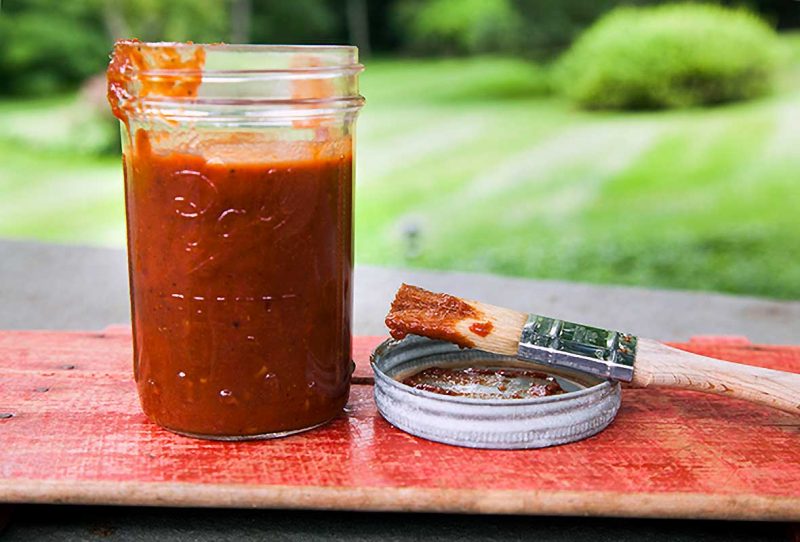
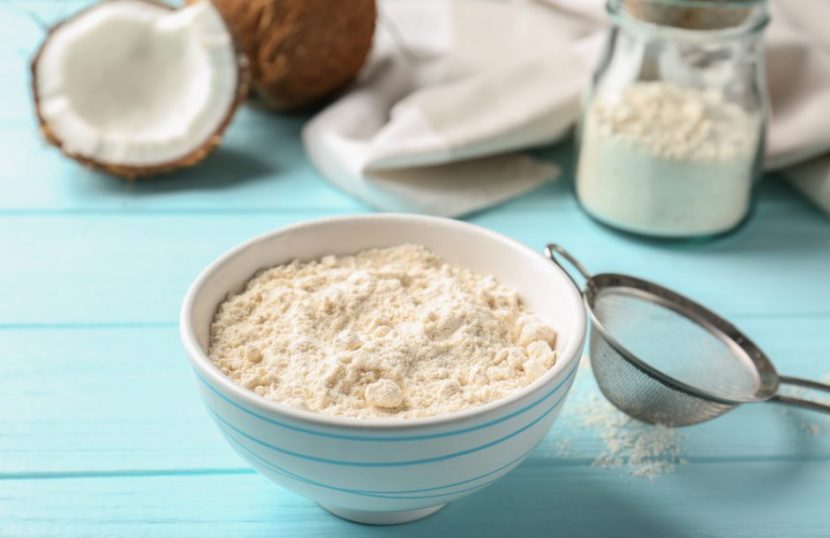
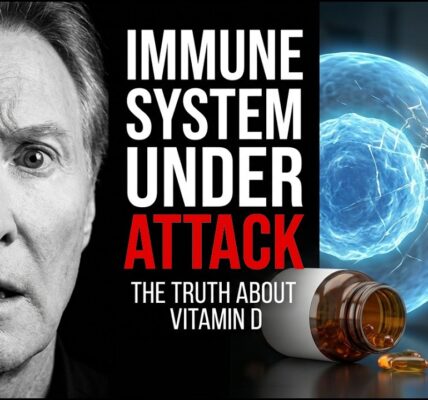










Comments are closed.